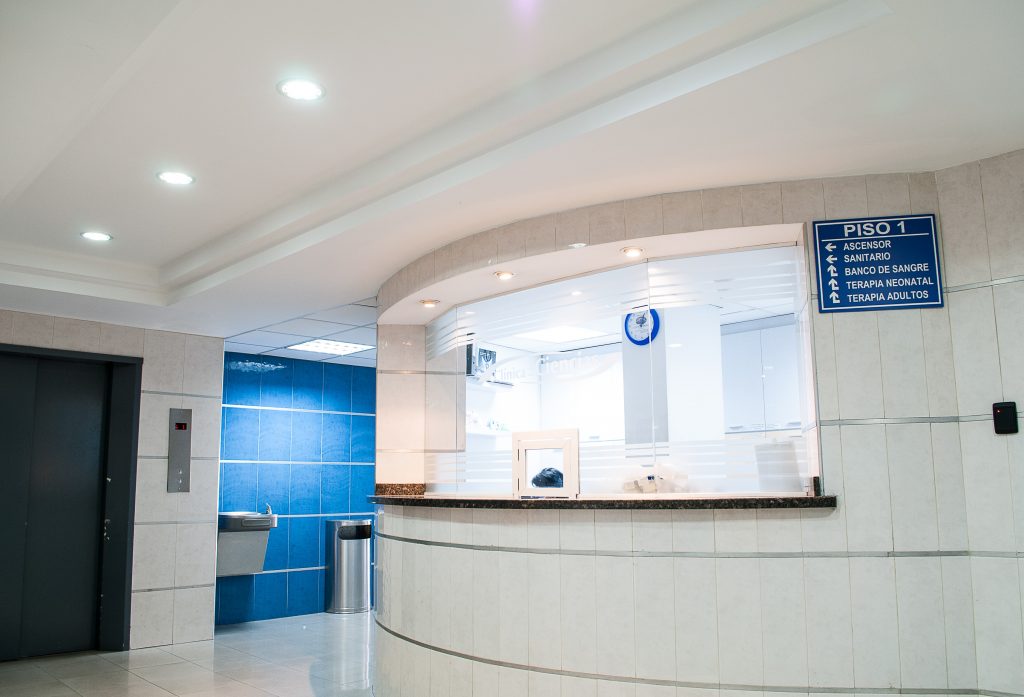Ever since the 9/11 attacks shook the world there’s been a heightened awareness of the increased risk of worldwide terrorism. Even though there haven’t been any further attacks of this nature on American soil, further attacks elsewhere including Bali in 2002, Madrid in 2004 and London in 2005 suggest that terrorism has increased globally.

One place that has seen a significant rise in terrorist activity in the shopping centre. In fact, according to a study carried out by the RAND corporation over 60 terrorist attacks have been carried out on shopping centres throughout the world since 1998, the most recently publicised of which was the Westgate Shopping Mall attacks in Nairobi, Kenya, where in September 2013, 67 people were killed. Although it might seem an obvious solution to cover shopping malls with uniformed security guards or to ramp up security measures, it isn’t always that simple. Here’s why…
People have other options
Unlike airports or train stations which people have to pass through, especially if they want to travel, shopping centres aren’t necessarily a ‘go to’ destination. Instead, people have a choice of shopping locally or online. In essence, they have other shopping options. Therefore if security is ramped up too much and people are continually subjected to stop and search procedures then they may decide to simply go someplace else. As a result, retail businesses located inside the shopping centre that rely on customer footfall could suffer greatly.
Multi-stakeholder structures
Also, many shopping centres are governed by complicated ownership structures which can make decision making both difficult and time-consuming. Site owners, managers, tenant stores and on-site employees may all have a say in any major decisions and therefore it might be difficult to implement such actions.
Difficulty in justifying investment
Finally, because attacks on shopping centres are often remote, any owners might find it difficult to justify such expense unless it’s perceived that there may be a very real threat to their specific location.
With these salient points in mind, what is the best way to increase security without spending huge amounts of money?
One answer is to take a low key approach to security. The term ‘low key’ doesn’t mean lapse. Instead, security companies might decide to carry out more regular searches of portable kiosks, toilet areas and recesses where IED’s could be hidden. The use of sophisticated CCTV monitoring systems is also a great way of keeping a close watch on what’s going on without making it overly obvious. Finally, by initiating regular training sessions including well-rehearsed evacuation drills, retail owners and their employees should have a solid understanding of what actions to take if a situation arises.
View this post on Instagram
If you’re a shopping centre manager or owner and would like any advice on how to implement cost-effective security procedures that won’t scare customers away, or are in need of a professional security service, then contact MA Services Group. We’ve been in the security industry for many years and have the expertise and the knowledge to help. Contact us on 03 9994 4107 and let us assist you with your security problem today.



